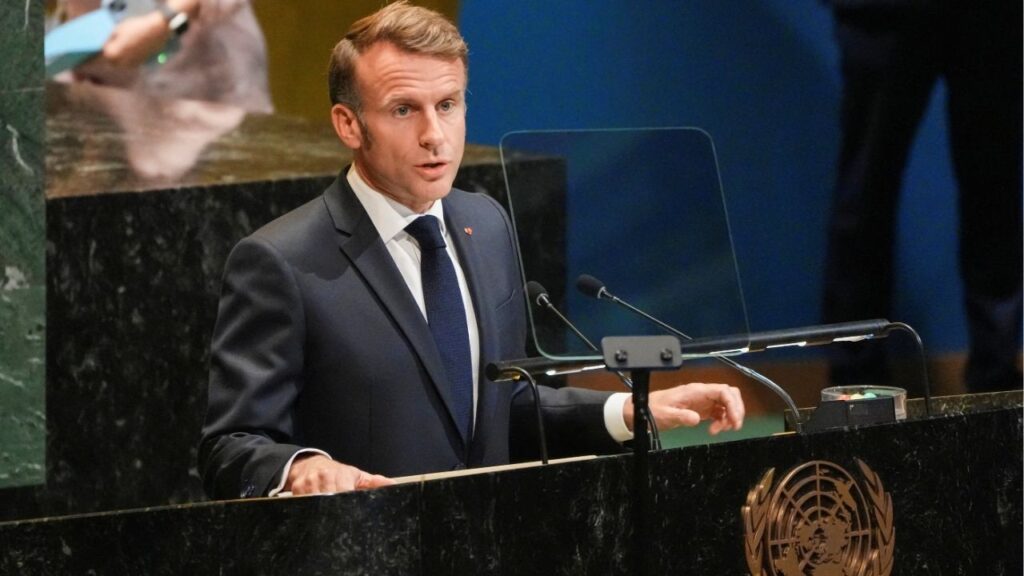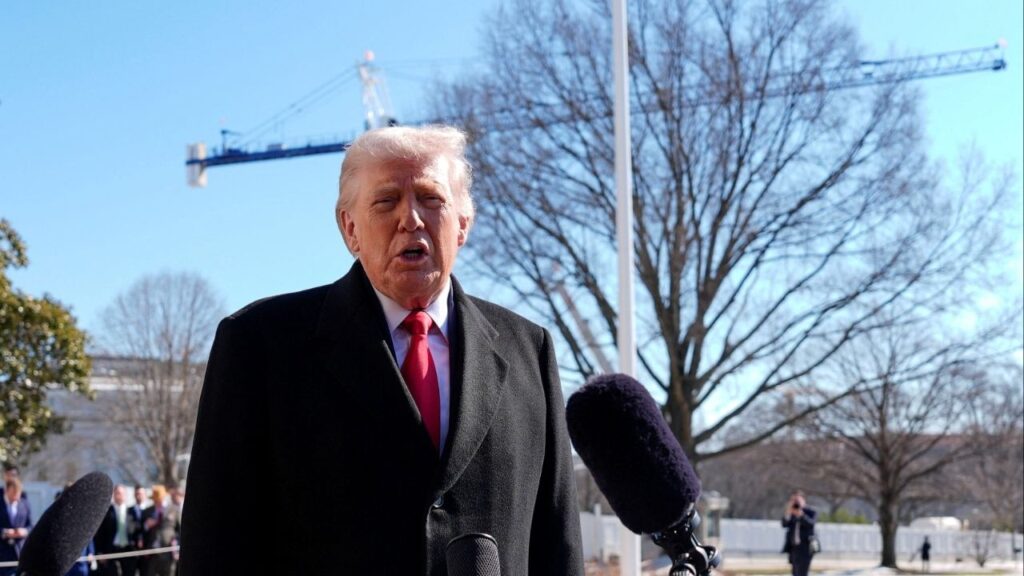Share
Ahead of the 2024 US presidential election, GZERO World takes a hard look at the media’s impact on politics and democracy itself.
In 1964, philosopher Marshall McLuhan coined the phrase, “the media is the message.” He meant that the way content is delivered can be more powerful than the content itself.
A lot’s changed since 1964, but the problem has only gotten worse. The ‘80s and ‘90s saw the rise of a 24/7 cable news cycle and hyper-partisan radio talk shows. The 21st century has thus far given us podcasts, political influencers, and the endless doom scroll of social media. And now, we’re entering the age of generative AI.
All of this has created the perfect ecosystem for information––and disinformation––overload. But there might be a bright spot at the end of the tunnel. In the world where it’s getting harder and harder to tell fact from fiction, news organizations, credible journalists, and fact-checkers will be more important than ever.
How has media changed our idea of truth and reality? And how can we better prepare ourselves for the onslaught of misinformation and disinformation that is almost certain to spread online as the 2024 US presidential election gets closer? Can trust in American’s so-called “Fourth Estate” be restored?
Ian Bremmer sits down with journalist and former CNN host Brian Stelter and Nicole Hemmer, a Vanderbilt University professor specializing in political history and partisan media.
More at GZERO World



















